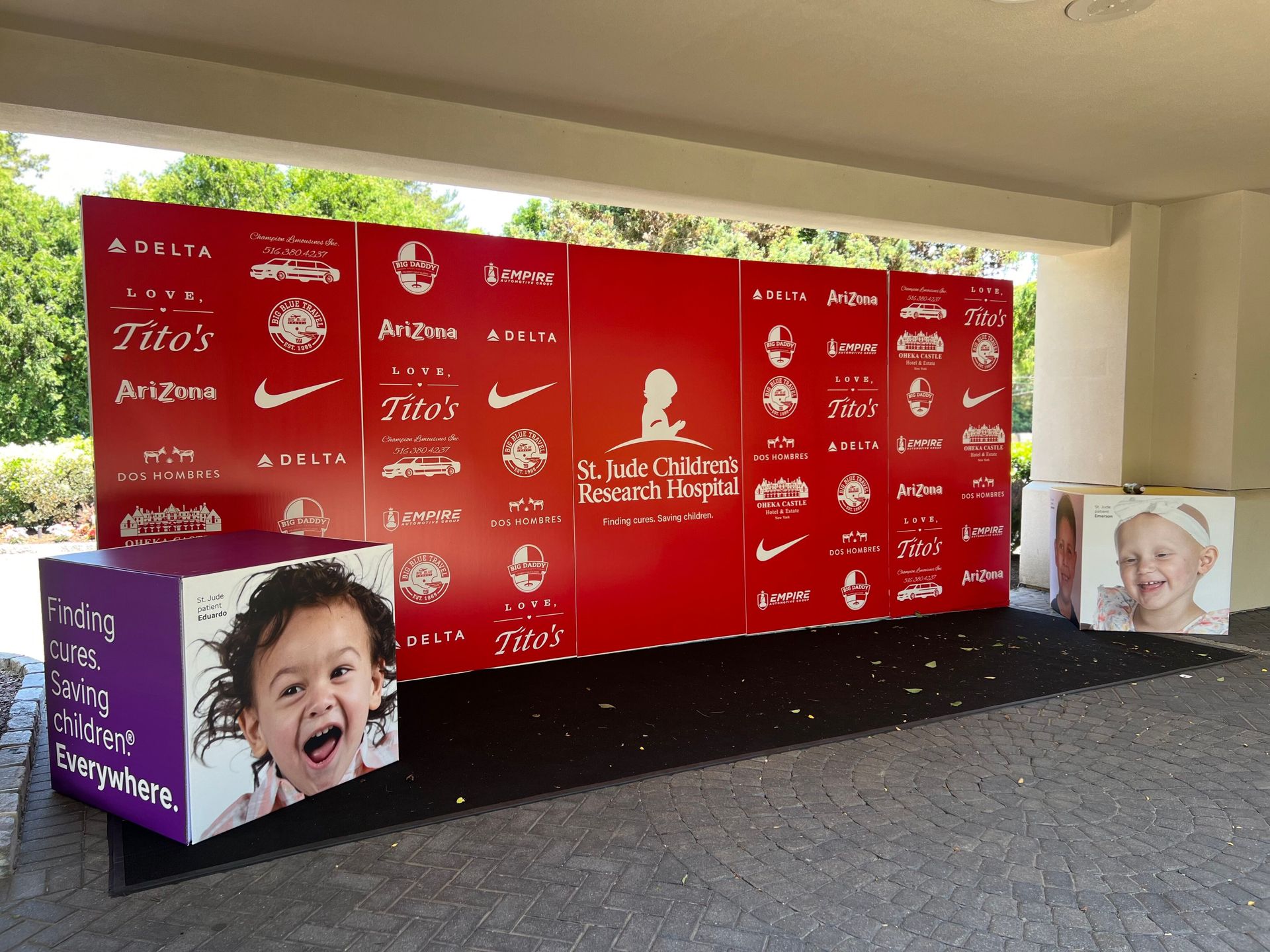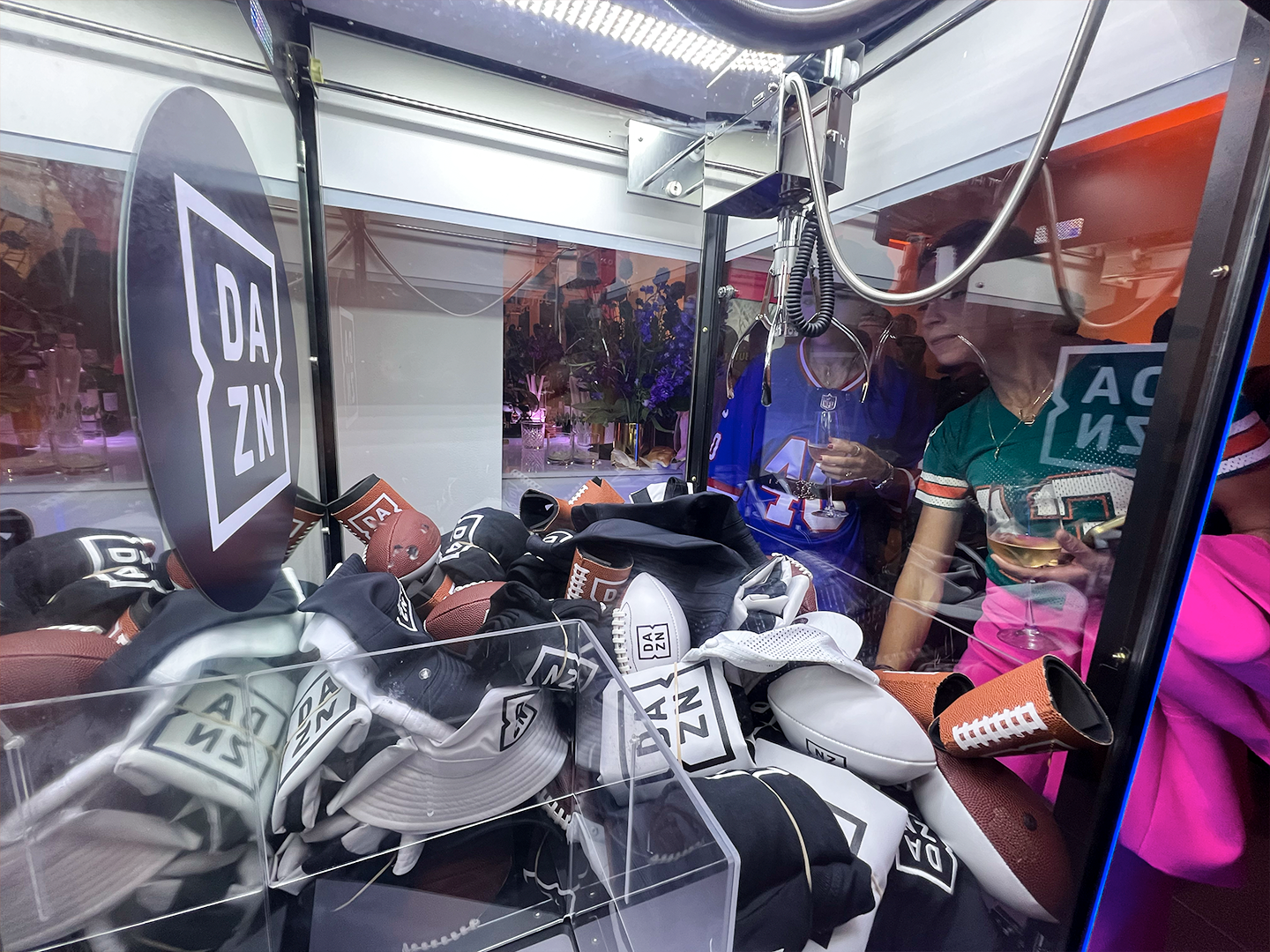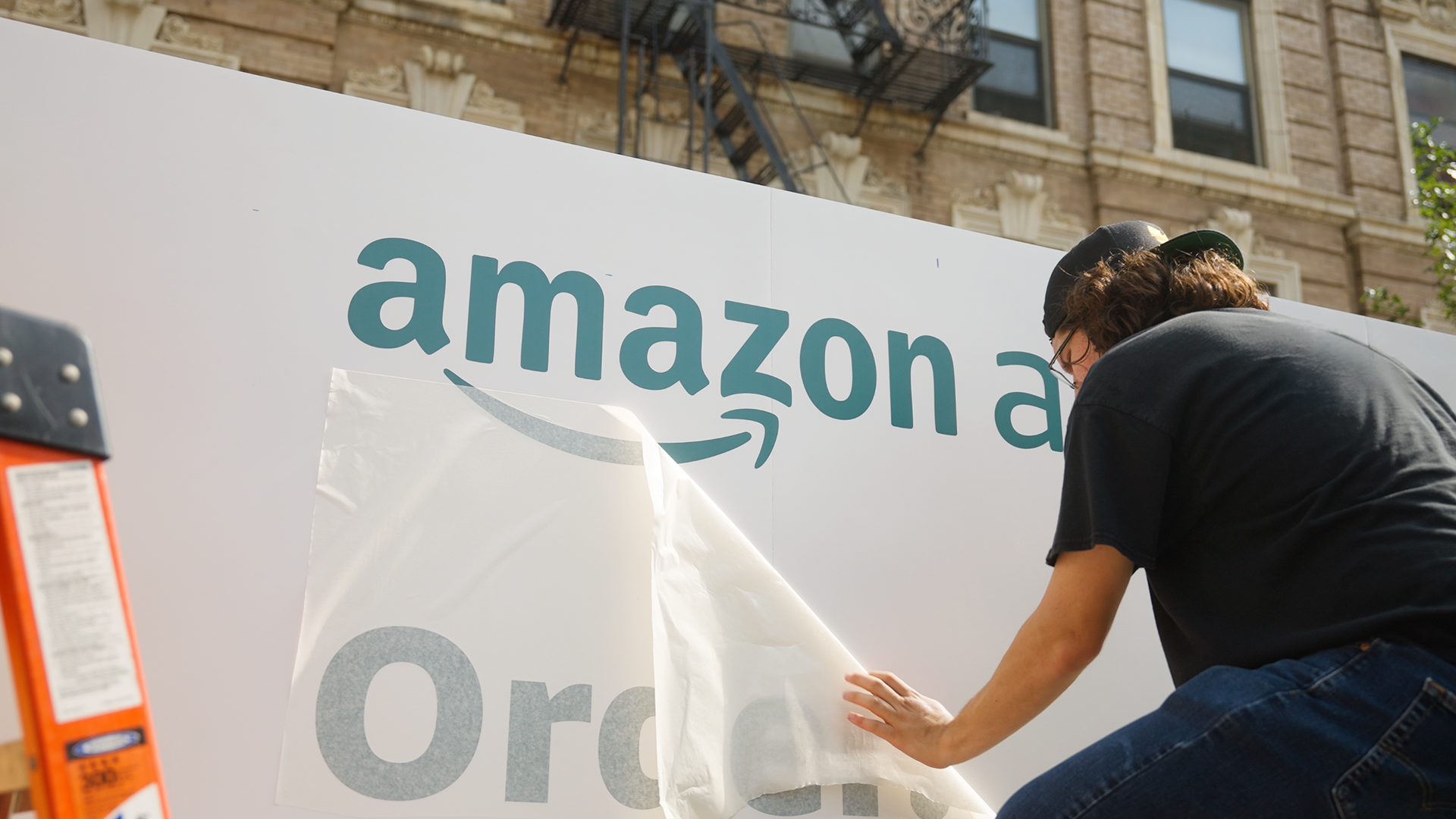Overlooked Details That Can Make or Break Your Conference
Event Planning 101: Expecting The Unexpected!
Planning a large conference is a huge undertaking—months of preparation, countless emails, and a small army of people working together to pull it off. Most planners are laser-focused on things like programming, ticketing, and guest experience. But what about the small, often-overlooked details that can have a massive impact on your event’s success? Here are a few critical elements that often get missed in the early stages of planning, and how to handle them like a pro.
1. Power: Yes, It Costs Extra
Think power is just “included”? Think again. Many large venues—especially convention centers and hotels—charge separately for power usage. It’s common to see surprise line items appear for outlets, power drops, and dedicated circuits. The same scenario applies to wifi access.
Pro Tip:
Talk to your vendors early about their electrical needs. Coordinate with your venue to get a full picture of what will be required (and what it will cost) before you finalize your layout and budget.
2. Loading Dock Reservations & Labor Fees
Loading in (and out) isn’t just “show up and unload.” Major venues often require loading dock reservations and even charge for elevator operators during load-in hours. Missing these details can throw off your entire setup schedule—and rack up unexpected costs.
Our advice: Work with both your venue and vendors to plan load-in and load-out logistics early. Lock in your dock time, typically in 4-hour minimums, and ask what labor support will be billed (like freight elevator staff).
3. Insurance Requirements for Vendors
Many venues require every vendor working your event to provide proof of insurance—often including general liability with the venue listed as additionally insured. It’s a simple step, but if ignored, it can cause delays or even result in vendors being denied access.
Create a checklist and deadline for collecting Certificates of Insurance (COIs) from every third-party vendor. Share your venue’s insurance requirements early so vendors have time to get compliant. It's also important to take the initiative if your venue isn't asking for COI's in the early stages. You don't want to be caught being asked for insurance information for the first time on the Friday evening before your event after everyone's agents have gone home for the weekend.
4. Set-Up Time: Don’t Just Assume It’s Included
You may only have access to the venue the day of your event. If your event begins early in the day and involves a large complex build, you might need the day before.
Ask your venue early if your rooms are booked the day before your event, and if early access is an option. If it costs more, weigh that cost against the increased labor that may be required for a same-day set up.
5. Crew Accommodations & Breaks
When your event runs all day, so does your crew. But planners often forget to build in rest, meal breaks, or even sufficient staffing rotations for volunteers.
Make sure to build a staffing plan that includes staggered shifts, rest periods, and food accommodations for everyone helping to run the event—not just the guests. A well-fed, well-rested crew is a productive crew.
6. Backup Plans for the “What Ifs”
Even with the best planning, things can (and do) go sideways. Speakers run late, a tech glitch delays the program, or catering hits a snag. What happens next can define the guest experience.
Have a few “pocket plans” ready. If a speaker is delayed, can a moderator take the stage for a Q&A or icebreaker? If a room reset takes longer than expected, can you redirect guests to a networking lounge? Your attendees don’t know it wasn’t the original plan—but your team will be glad you had one.
The Bottom Line
It’s not just about what happens on stage—it’s about what happens behind the scenes. Addressing these often-overlooked details upfront will save time, money, and stress, and will ensure your conference runs smoothly from setup to teardown.
Need help thinking through the nitty-gritty? That’s where we come in. Whether it’s production logistics or timeline management, we know what questions to ask—and when to ask them.










